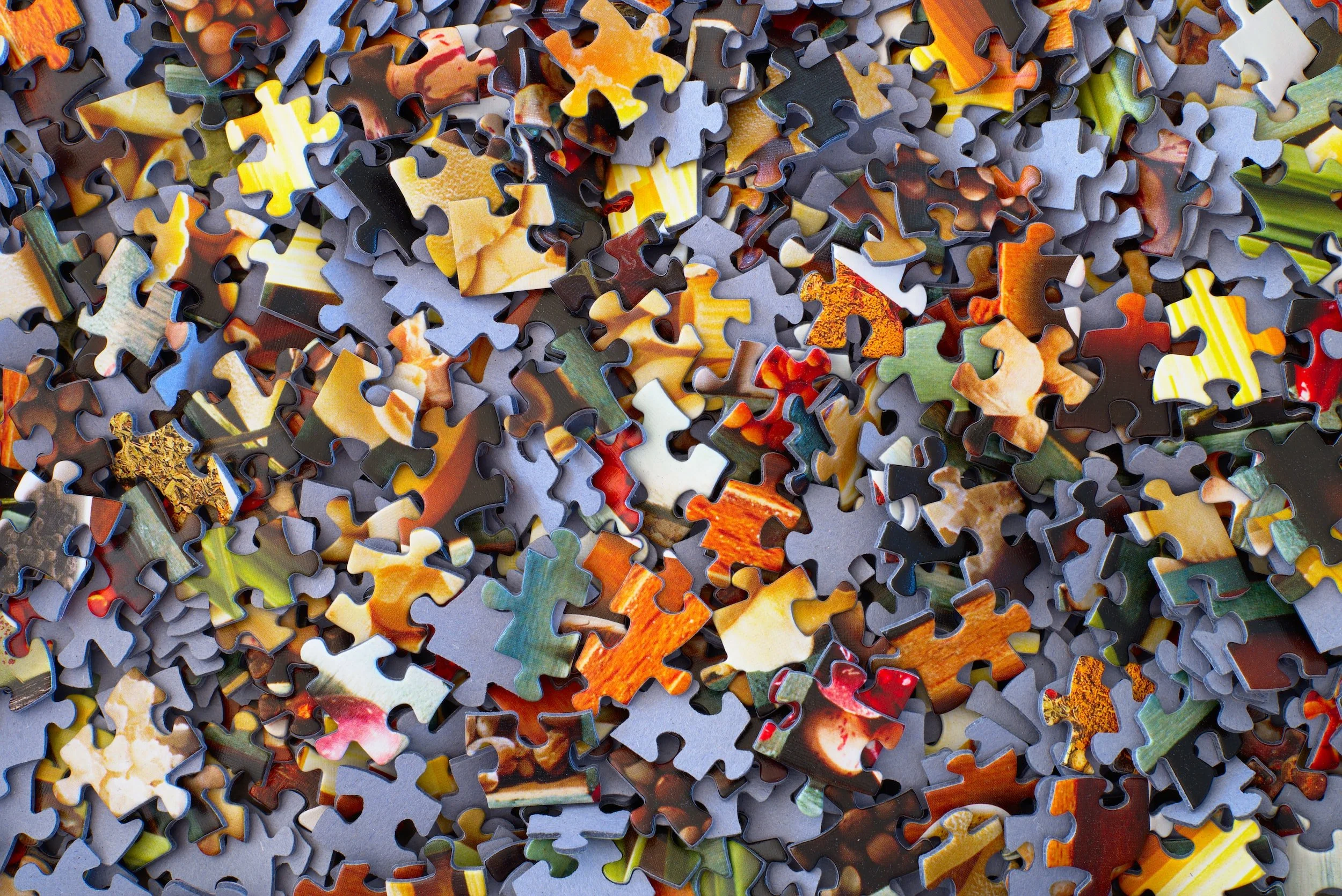Check the Summary in less than 1 minute!







Research in Details
Research #1
ECONOMICS - Rainy days harm the economy
Author(s): Maximilian Kotz, Anders Levermann & Leonie Wenz
Date of publication: January 2022
SUMMARY
Economic growth goes down when the number of wet days and days with extreme rainfall go up, a team of Potsdam scientists finds. Rich countries are most severely affected and herein the manufacturing and service sectors, according to their study. The data analysis of more than 1,500 regions over the past 40 years shows a clear connection and suggests that intensified daily rainfall driven by climate-change from burning oil and coal will harm the global economy.
Research #2
EQUITY - Finding equity in climate mitigation finance.
Author(s): Shonali Pachauri, Setu Pelz, Christoph Bertram, Silvie Kreibiehl, Narasimha D Rao, Youba Sokona, & Keywan Riahi
Date of publication: June, 2022
SUMMARY
Considerations of equity in directing global financial flows for regional climate mitigation investments are critically important. A new study helps inform the current negotiations at COP27 while keeping fairness at the forefront. In the new IIASA-led study published in Science, an international team of researchers explored how global investments could be divided among the countries in the world. The team applied a systematic approach with different equity and fairness considerations and estimated the "fair" financial flows between regions. The research draws on emerging principles of climate equity and focuses on mitigation investment needs to be deployed near-term to 2030.
Research #3
EDUCATION - Learning with all your senses: Multimodal enrichment as the optimal learning strategy of the future.
Author (s): Brian Mathias & Katharina von Kriegstein
Date of publication: January, 2023.
Summary
Neuroscientists have compiled extensive interdisciplinary findings from neuroscience, psychology, computer modelling and education on the topic of 'learning' in a recent review article. The results of the interdisciplinary review reveal the mechanisms the brain uses to achieve improved learning outcome by combining multiple senses or movements in learning. This kind of learning outcome applies to a wide variety of domains, such as letter and vocabulary acquisition, reading, mathematics, music, and spatial orientation.
Research #3
ENVIRONMENT - What makes people care about the environment?
Author(s): Jonas Peisker
Date of publication: March, 2023
SUMMARY
A recent study analyzes the factors that drive environmental concern among Europeans in an effort to understand how we can bolster popular support for combating climate change. While we can already feel the effects of climate change on our skins, the majority of the European population still does not consider climate change, the environment, and energy to be among the most pressing issues for national policymaking. Support from the public, however, is crucial to enable stringent and sustainable environmental policy in democracies. In the research published in Global Environmental Change, Jonas Peisker, a researcher in the IIASA Population and Just Societies Program, addressed how environmental preferences in 206 European regions are shaped by socioeconomic, geographical, and meteorological circumstances.
Research #5
ENERGY - From plastic waste to valuable nanomaterials.
Author(s): Kevin M Wyss, John T Li, Paul A Advincula, Ksenia V Bets, Weiyin Chen, Lucas Eddy, Karla J Silva, Jacob L Beckham, Jinhang Chen, Wei Meng, Bing Deng, Satish Nagarajaiah, Boris I Yakobson, & James M Tour
Date of publication January 2023
SUMMARY
Scientists create carbon nanotubes and other hybrid nanomaterials out of plastic waste using an energy-efficient, low-cost, low-emissions process that could also be profitable. The amount of plastic waste produced globally has doubled over the past two decades -- and plastic production is expected to triple by 2050 -- with most of it ending up in landfills, incinerated or otherwise mismanaged, according to the Organization for Economic Cooperation and Development. Thus, Scientists at Rice University are trying to address this problem by making the process profitable. A life cycle analysis of the production process revealed that flash Joule heating was considerably more energy-efficient and environmentally friendly than existing nanotube production processes.

